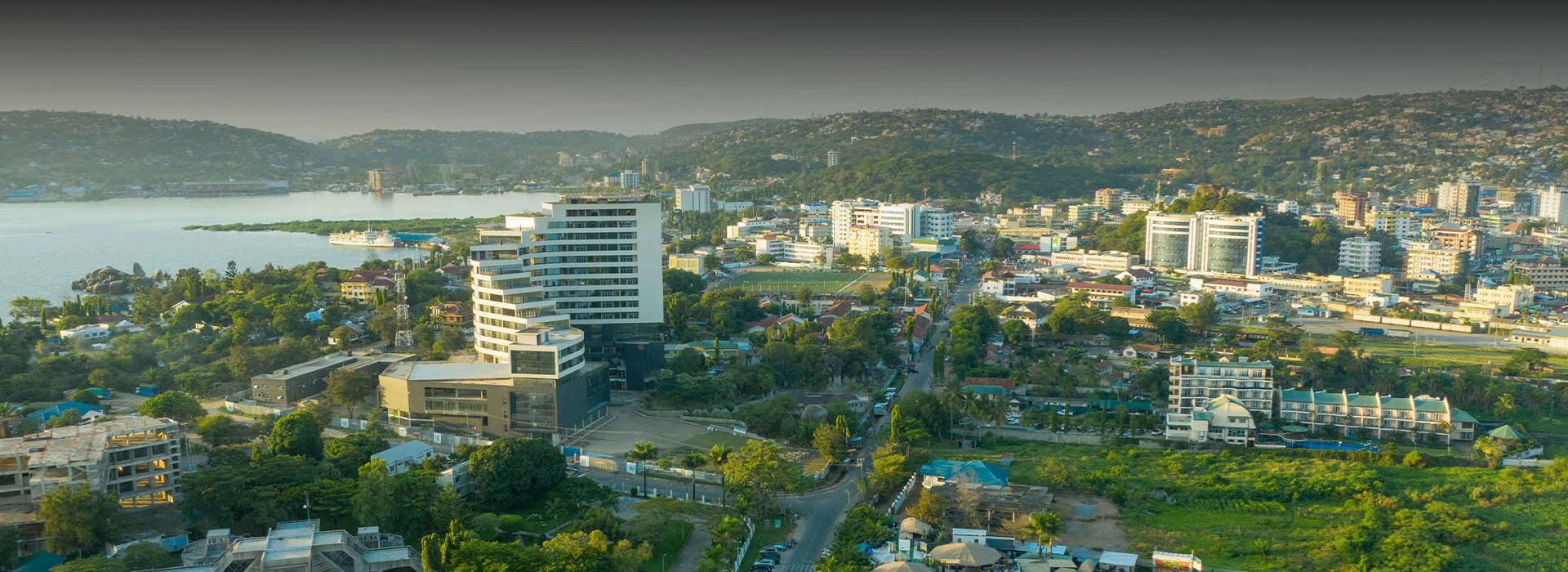Mwanza Region, located on the shores of Lake Victoria, offers a diverse range of educational opportunities for students, focusing on natural resources, history, culture, and industry. Here are ten potential areas for educational tours and what students can learn from each:
1. Lake Victoria (Boat Trip & Lakeside Visit):
- What to See: The vastness of Lake Victoria, fishing activities, local boats, potential for birdwatching, and lakeside communities.
- What Students Will Learn:
- Geography: Understanding the size and significance of Lake Victoria as Africa's largest lake and the second-largest freshwater lake in the world. Learning about its formation, tributaries, and outflow (Nile River).
- Ecology and Limnology: Studying the lake's ecosystem, including different fish species (like Nile Perch and Tilapia), aquatic plants, and the impact of human activities (like overfishing and pollution).
- Economics: Understanding the importance of the lake for fishing, transportation, and local livelihoods.
- Social Studies: Observing the cultures and lifestyles of communities living along the lake shores.
- What to See: A small island national park accessible by boat, home to wildlife like impalas, rock hyraxes, monitor lizards, and various bird species in a unique island setting.
- What Students Will Learn:
- Ecology and Island Biogeography: Studying how isolation affects species diversity and adaptation on an island ecosystem.
- Wildlife Conservation: Understanding the challenges and importance of protecting wildlife in a limited space and the role of national parks.
- Zoology: Observing the behavior and characteristics of the animals present on the island.
- Botany: Identifying different types of vegetation adapted to the island environment.
- What to See: Traditional Sukuma houses, a Sukuma museum showcasing artifacts, traditional dances (depending on the time of visit), and insights into Sukuma culture.
- What Students Will Learn:
- Cultural Anthropology: Immersing themselves in the traditions, customs, social structures, and beliefs of the Sukuma people, the largest ethnic group in Tanzania.
- History: Learning about the pre-colonial history and way of life of the Sukuma.
- Arts and Music: Appreciating traditional Sukuma architecture, crafts, music, and dance.
- Social Studies: Understanding the importance of preserving cultural heritage.
- What to See: Historical buildings from the colonial era, local markets (like Mirongo Market), the Makorora Clock Tower, and the general layout of the city.
- What Students Will Learn:
- Urban Geography: Understanding the growth and development of Mwanza as a major urban center in the Lake Zone.
- History: Learning about Mwanza's role during the colonial period and its evolution after independence.
- Economics: Observing the commercial activities in the markets and understanding the city's economic significance.
- Social Studies: Experiencing the diversity of the urban population and their interactions.
- What to See: A bustling market dedicated to the sale of various types of fish caught from Lake Victoria.
- What Students Will Learn:
- Economics: Understanding the local fishing industry, the supply chain from the lake to the market, and the economic importance of fish.
- Biology and Ichthyology: Identifying different fish species and learning about their characteristics and habitats.
- Social Studies: Observing the interactions between fishermen, vendors, and buyers.
- Environmental Science: Discussing issues related to sustainable fishing practices and the impact of fishing on the lake's ecosystem.
- What to See: An active diamond mine (if permission is granted, which can be difficult).
- What Students Will Learn:
- Geology and Mineralogy: Understanding the formation of diamonds and the geological processes involved.
- Mining and Extraction: Learning about the methods used to extract diamonds from the earth.
- Economics: Understanding the economic significance of the mining industry to Tanzania.
- Engineering and Technology: Observing the machinery and technology used in mining operations.
- Social Studies and Corporate Responsibility: Discussing the social and environmental impacts of mining.
- What to See: A series of caves with historical and potentially geological significance (information might be less readily available than Amboni Caves).
- What Students Will Learn:
- Geology: Basic understanding of cave formation (though specific details might require local research).
- History and Local Folklore: Exploring any historical or cultural stories associated with the caves.
- Ecology: Observing any unique cave ecosystems (bats, insects).
- What to See: A scenic rocky outcrop on the shores of Lake Victoria, offering panoramic views of the lake and the city.
- What Students Will Learn:
- Geography: Observing the landscape and the relationship between the city and the lake.
- Geology: Identifying different rock formations.
- Environmental Appreciation: Fostering an appreciation for natural beauty and the importance of preserving scenic areas.
- What to See: Farms cultivating crops important to the Mwanza region.
- What Students Will Learn:
- Agriculture and Botany: Understanding local farming practices, the life cycle of different crops, and the challenges and opportunities in agriculture.
- Economics: Learning about the role of agriculture in the regional economy.
- Geography: Understanding how climate and soil affect agricultural production.
- What to See: Research facilities focused on Lake Victoria's fisheries and aquatic environment (access might require prior arrangement).
- What Students Will Learn:
- Biology and Aquatic Science: Learning about fish species in Lake Victoria, their biology, and the research being conducted on them.
- Environmental Science: Understanding the challenges facing the lake's fisheries, such as invasive species (like water hyacinth), pollution, and overfishing, and the research aimed at sustainable management.
- Contact the relevant institutions or local authorities in advance to arrange visits and guided tours.
- Tailor the destinations to the specific educational objectives and the age group of the students.
- Prepare pre-visit and post-visit activities to enhance learning and retention.
- Emphasize observation, questioning, and critical thinking during the tours.
- Ensure safety and logistical arrangements are well-planned.


No comments
Post a Comment